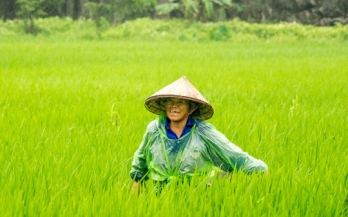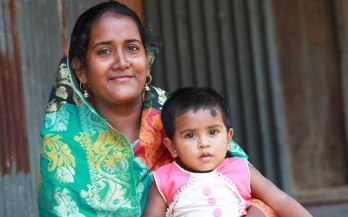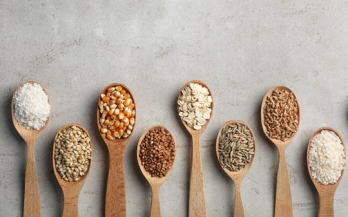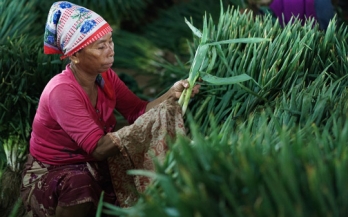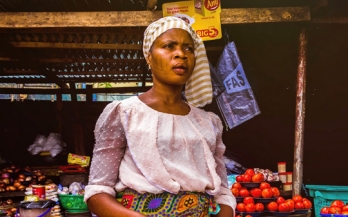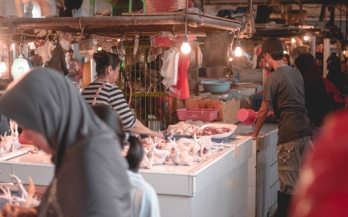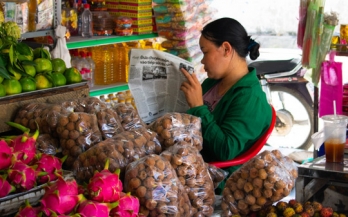Today marks International Women’s Day – an occasion to reflect on the contributions of women worldwide and, for GAIN, to reflect on how we are working to engage and empower women through our work. Over the past decade, there has been growing focus on empowering women in agriculture - and with good reason. Women’s participation in agriculture varies by region, but in many African countries, women make up close to half of the agricultural labour force.
The latest nutrition data out of Bangladesh describe a situation brimming with promise. The Bangladesh Demographic and Health Survey (BDHS) 2017/2018 estimates stunting at 31% and the UNICEF Multiple Indicator Cluster Survey (MICS) 2019 shows an even lower estimate of 28%.
Due to guidance from the Government of Thailand, in response to the threat of the novel coronavirus (COVID-19) in Southeast Asia, we are postponing the Micronutrient Forum 5th Global Conference and the Second Global Summit on Food Fortification to a later, as-yet-unspecified date.
The clock is ticking. We are just 10 short months from the Nutrition for Growth Summit (N4G) in Japan in mid-December. Many people are working hard with the Government of Japan and partners, allies and colleagues to energise the nutrition base - and beyond - about the Summit and to develop commitments that will accelerate improvements in nutrition.
GAIN and Incofin Investment Management have announced a new collaboration to take forward the newly established Nutritious Food Financing Facility (N3F) that will equip African SMEs with financing and skills to make nutritious food more available and affordable.
We use dietary intake surveys of what people eat a lot. They are needed to support the design, monitoring, and evaluation of food-based nutrition programmes that aim to improve dietary adequacy in populations. In a world where over one third of people have unhealthy diets, getting this right matters.
More than half the world’s population currently lives in urban areas, and this is expected to increase to 70% by 2050. Growing urban populations demand more from our planet in terms of natural resources and the need for greater innovation in health, nutrition, quality and energy has become a priority.
This month GAIN organised an event, in partnership with the Scaling Up Nutrition Movement (SUN) and the Global Health Centre at the Graduate Institute in Geneva, on urbanisation and nutrition. While there have been some voices calling for these two issues to come together, this has not really happened, although things now seem to be changing.
Has the food and nutrition policy community adapted to the new urban realities and, if not, how should they? This was the topic of the launch of the new IFPRI Global Food Policy Report on urbanisation, food security and nutrition.
At GAIN we strive for sustained impact. Our aim is to improve the consumption of nutritious and safe food for all, especially the most vulnerable. We work hard to make sure our programming, policy and knowledge work form a virtuous circle that generates that impact. Hence, we take knowledge seriously: as producers, but also as consumers. Here is our end-of-year list for the articles, books, blogs, videos and reports that have influenced our thinking this year.
